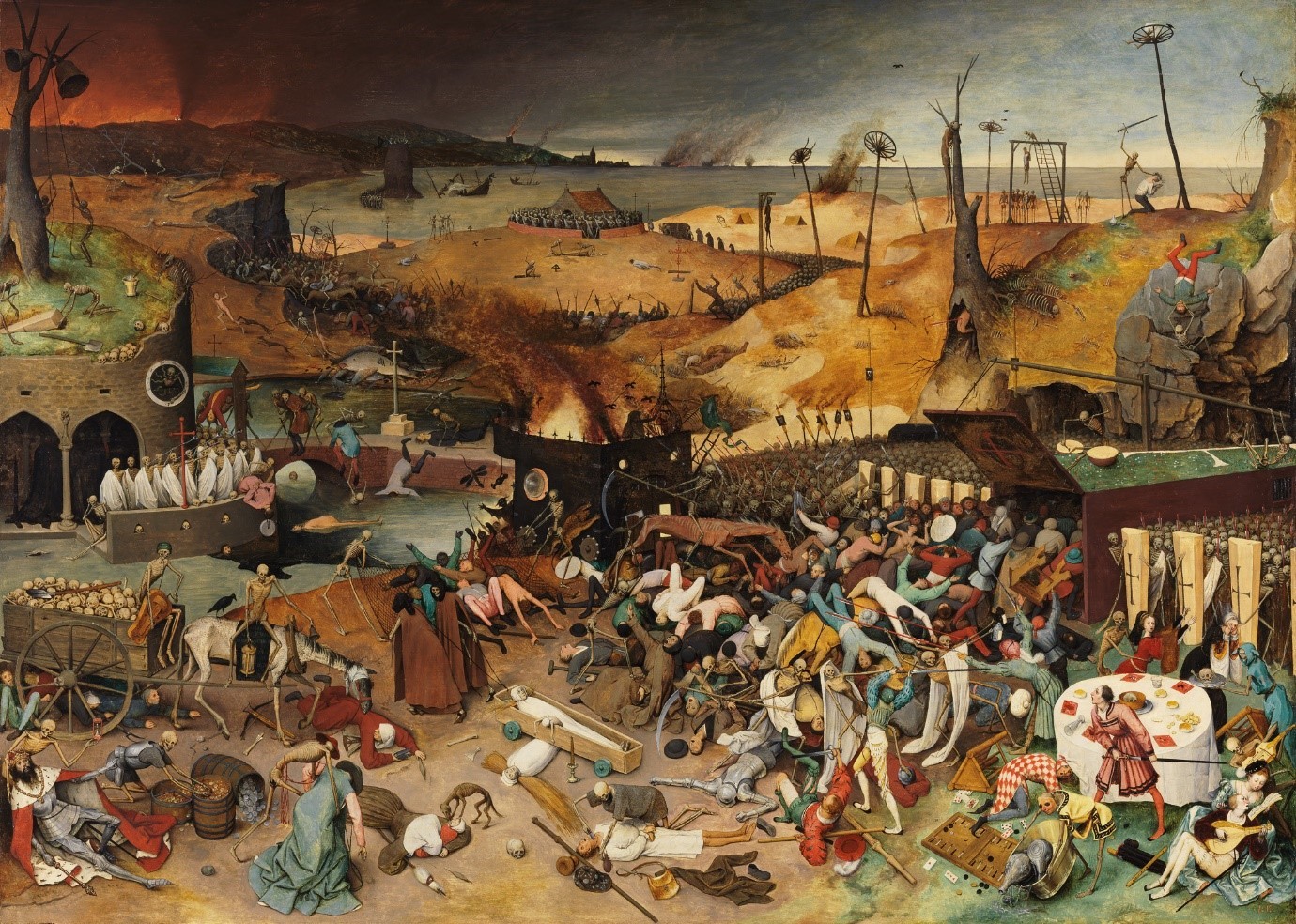Why does humanity keep moving from one man-made pandemic (disease, war, poverty, climate change, terrorism) to another?
Thank you, Mohammed Ajmi, for this timely question. In many respects, our societies are safer than the ones in which our ancestors lived. At the same time, however, it could be argued that humanity has never been so under threat as it is now. Think of the existence of weapons of mass destruction (especially when […]









